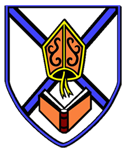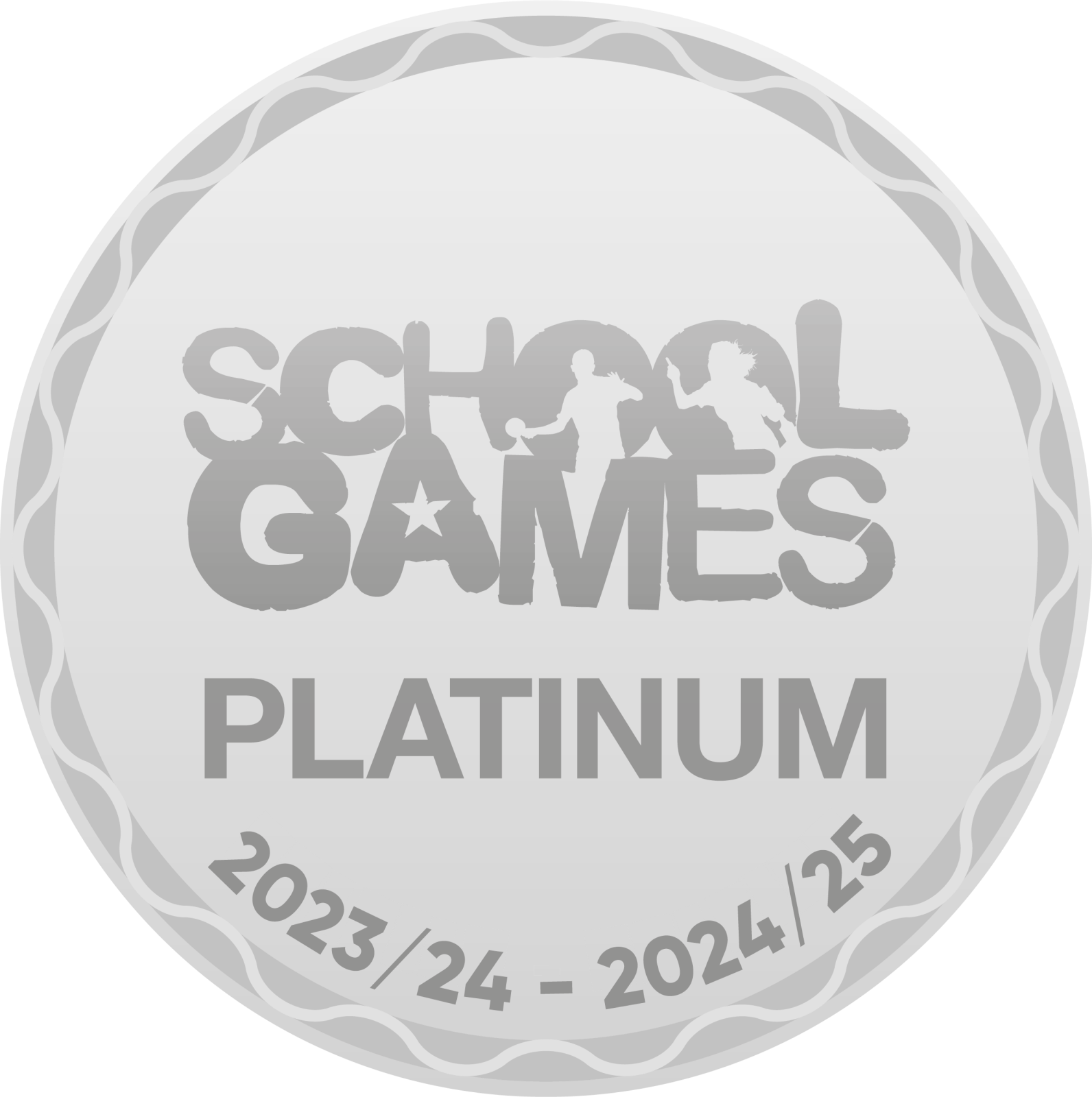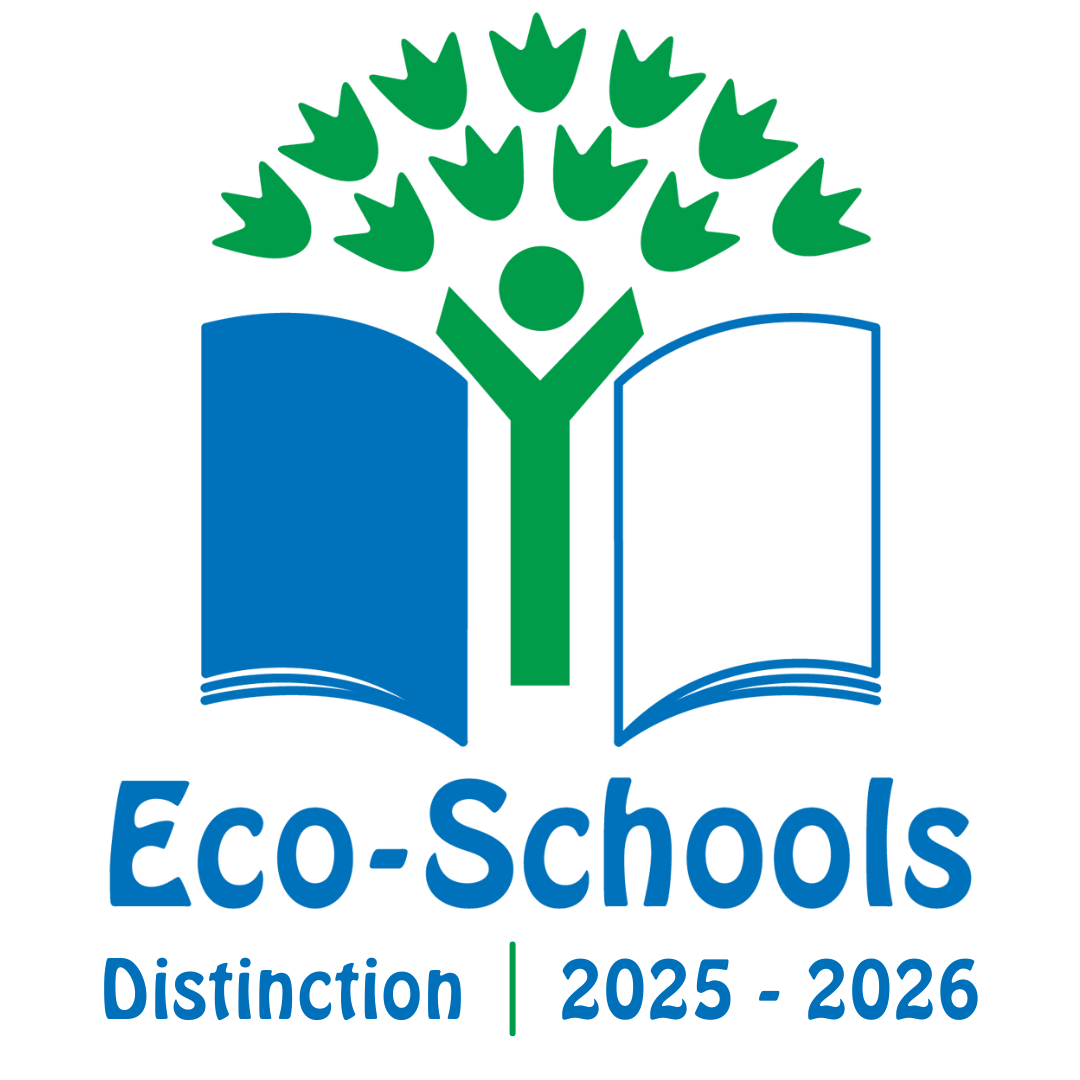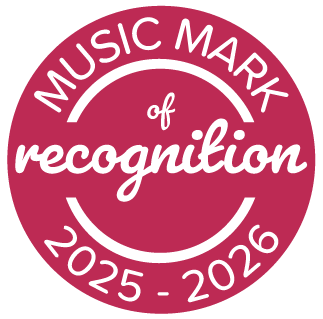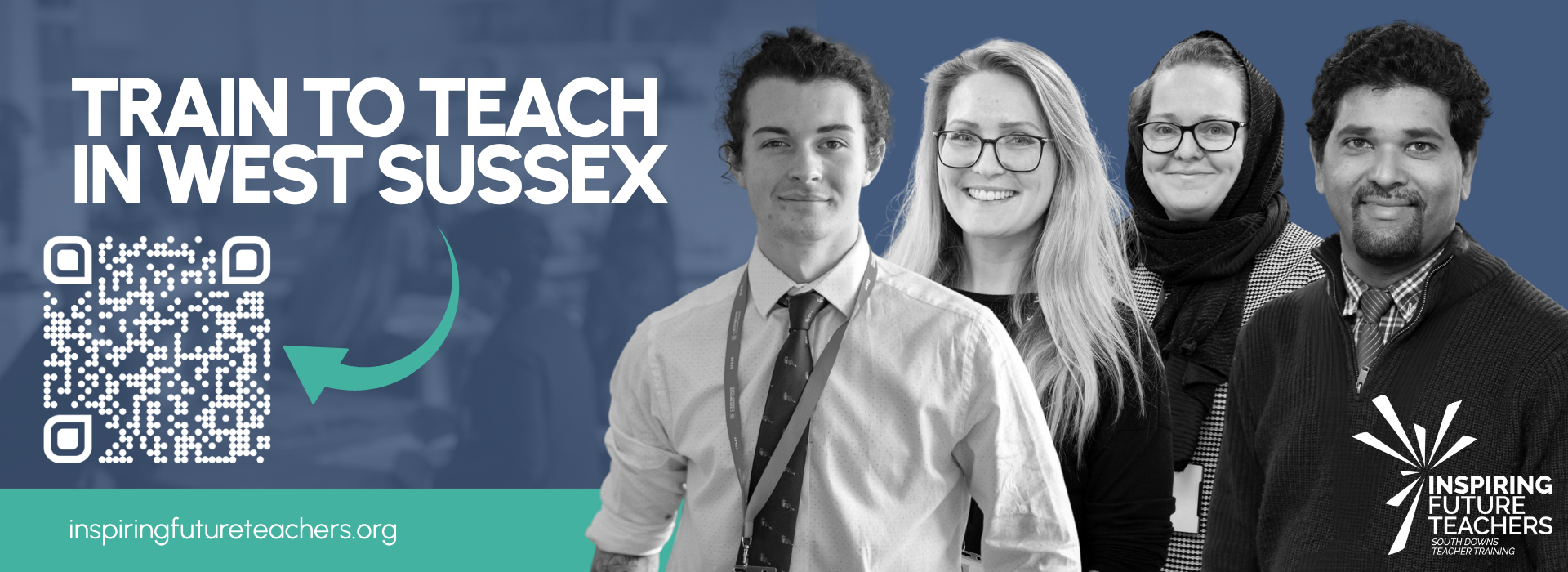Science
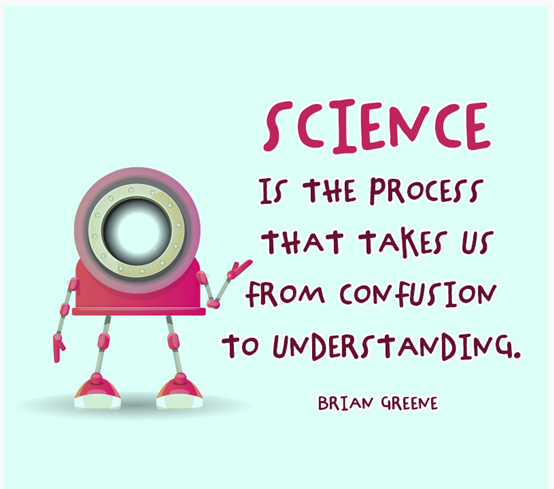
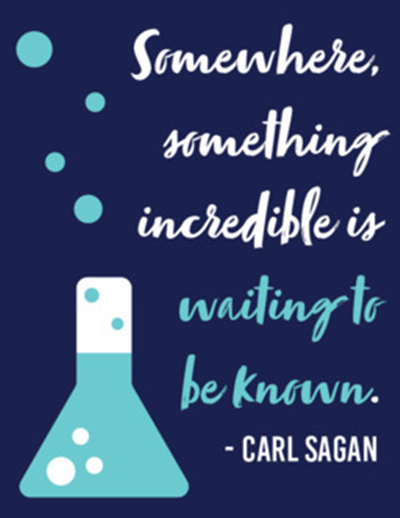
Intent
We aim to make our school a place where children can explore the world of science – 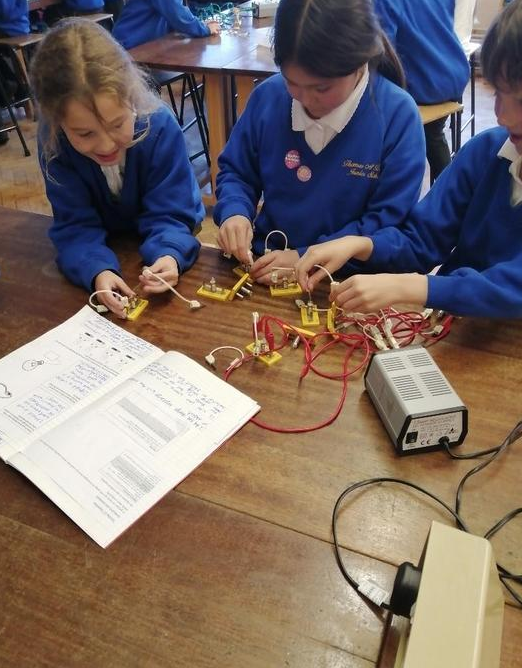 a place where their curiosity and enthusiasm can be let loose. We allow children to benefit from an engaging curriculum allowing links to be made with prior learning, and learning across a range of subjects and experiences. We strive to teach scientific knowledge and skills in an interactive, fun and memorable way. All children are enabled, through adaptation of the planning, to use their scientific skills and knowledge to enquire, think and work scientifically. The curriculum allows for planned progression, retrieving and building on previous learning from years 3, 4 and 5, and also prior learning from KS1. Practical investigations are at the heart of every science topic, so that children can build on and improve their practical skills and scientific knowledge in order to become fully rounded scientists.
a place where their curiosity and enthusiasm can be let loose. We allow children to benefit from an engaging curriculum allowing links to be made with prior learning, and learning across a range of subjects and experiences. We strive to teach scientific knowledge and skills in an interactive, fun and memorable way. All children are enabled, through adaptation of the planning, to use their scientific skills and knowledge to enquire, think and work scientifically. The curriculum allows for planned progression, retrieving and building on previous learning from years 3, 4 and 5, and also prior learning from KS1. Practical investigations are at the heart of every science topic, so that children can build on and improve their practical skills and scientific knowledge in order to become fully rounded scientists.
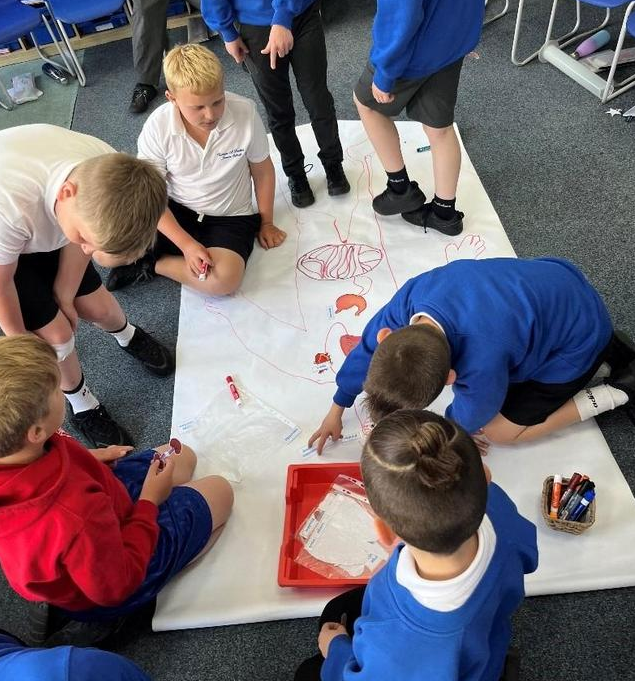
Science is involved in many areas of the curriculum. This allows the children to deepen the skills and knowledge they need for the future. Understanding of the skills used in investigations and observations is embedded in teaching and learning. Children can implement and further develop these skills throughout their time at Thomas A Becket Junior.
In science, questioning is particularly important so that children can use specialist scientific vocabulary to explore new concepts and retrieve previous learning. A child's questioning and curiosity is encouraged so that they can communicate their ideas about the science they learn about, and the science that they experience in their lives. The use of the talk phrases within scientific enquiry is imperative when the children work together collaboratively to investigate and observe; thus talk is embedded within the planning of science throughout the school.
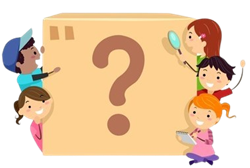
Implementation
Teachers at Thomas A Becket are enthusiastic about creating a positive attitude to learning in science. Across the school, there is an expectation that all pupils are aiming to achieve a high standard of knowledge and skills. Focusing on learning in these areas enables children to make good progress by experimenting and developing their understanding, studying the work of other scientists, and demonstrating skills development across the different areas in order to build on prior knowledge and skills. The subject leader and science team have planned year group topics so that progression in knowledge and skills is clear. Where there are links to previous learning, these are specified in the planning, and teaching resources, so that these are explicit to children.
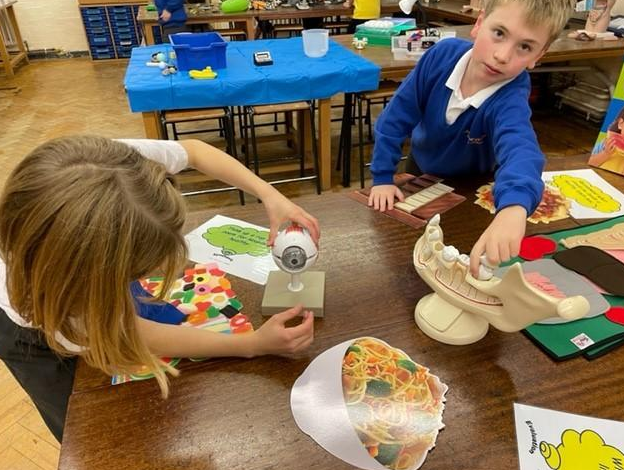
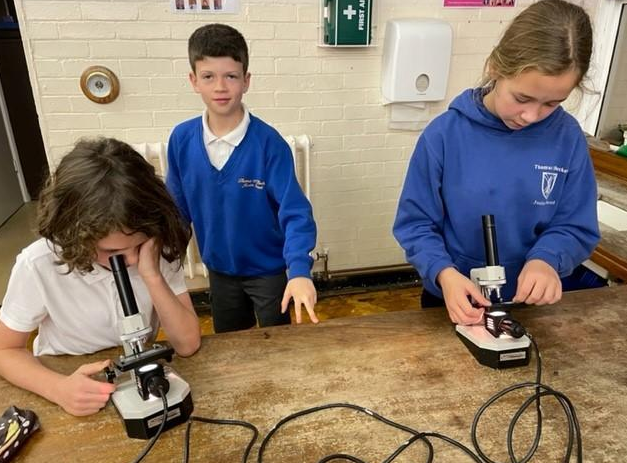
Science is carefully planned so that pupils can approach new learning in a practical and enquiry-based way. This allows children to access a greater depth of knowledge. Child-led learning opportunities are included in order for pupils to explore and discover independently. They are given opportunities to ask questions and use their scientific knowledge and skills to investigate the answers. Curiosity is celebrated in each classroom.
Cross-curricular planning ensures that children can explore the wider world of science, and can make links with learning in other subject areas such as maths and PSHE. Our curriculum is cyclical, meaning pupils revisit and build on knowledge and skills over four years, embedding scientific learning strategies into their long-term memory.
The science laboratory is an excellent whole school resource. Practical lessons take place, where possible, in the lab. We also have a dedicated lab assistant to order and organise the vast range of high-quality science resources.
Our outdoor learning environment, including Forest School, is incorporated into planning where appropriate so the children can apply their scientific knowledge and skills in a different context .
Knowledge organisers are used in each year group. These underpin lessons and are referred to in order to ensure that knowledge is continuously developed. Challenging concepts and new vocabulary are introduced through direct teaching. Teachers model the use of scientific equipment as well as the scientific skills.
A wide range of science enrichment opportunities are offered to children through trips, visitors, and interactive workshops.
In year 6, in particular, children learn about the vast range of possibilities for careers in science. Visitors come into school and provide information and experiences which allow the children to understand how diverse these careers can be. Links with high schools also enable children to experience science at KS3, and provide further challenge for the more able scientists.
Staff on the science team are part of the STEM community. This allows access to a greater range of resources and ideas, including opportunities to meet with other science educators – from the locality or further afield.
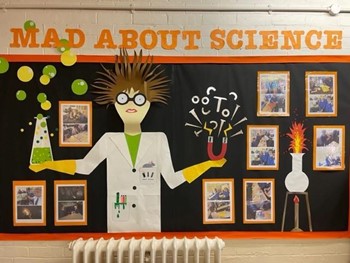
Impact
At Thomas A Becket, science learning is engaging, fun, exciting, and results in high-quality education. This provides all pupils with the foundation and knowledge to understand the wider world. They are confident in using the nine scientific skills: scientific question; method and equipment; fair test; make a prediction; start observing; take measurements; record results; present results; explain conclusions. They have explored and researched scientists from a range of cultures, been influenced by their discoveries and thus practised a wide variety of skills gaining inspiration to create their own investigations. As they grow in experience, their ability to follow a scientific process from planning to conclusion is evident in their learning and in their ability to use ‘talk’ to discuss and explain their findings.
Integral to developing knowledge and skills, pupils are engaged in enquiry led learning and self-reflection to deepen their understanding. Children are absorbed in the investigations they carry out over their time at TAB Junior, and view them as a means to record their scientific journey, using metacognitive strategies that help develop critical understanding. The use of knowledge organisers to immerse children in their learning has enabled them to retrieve previously learned scientific facts and apply them to investigations they carry out. The confident use of these knowledge organisers by the children has ensured that knowledge is retained, transferred, and applied as they progress through the school.
2025 science curriculum overview docx.pdf

